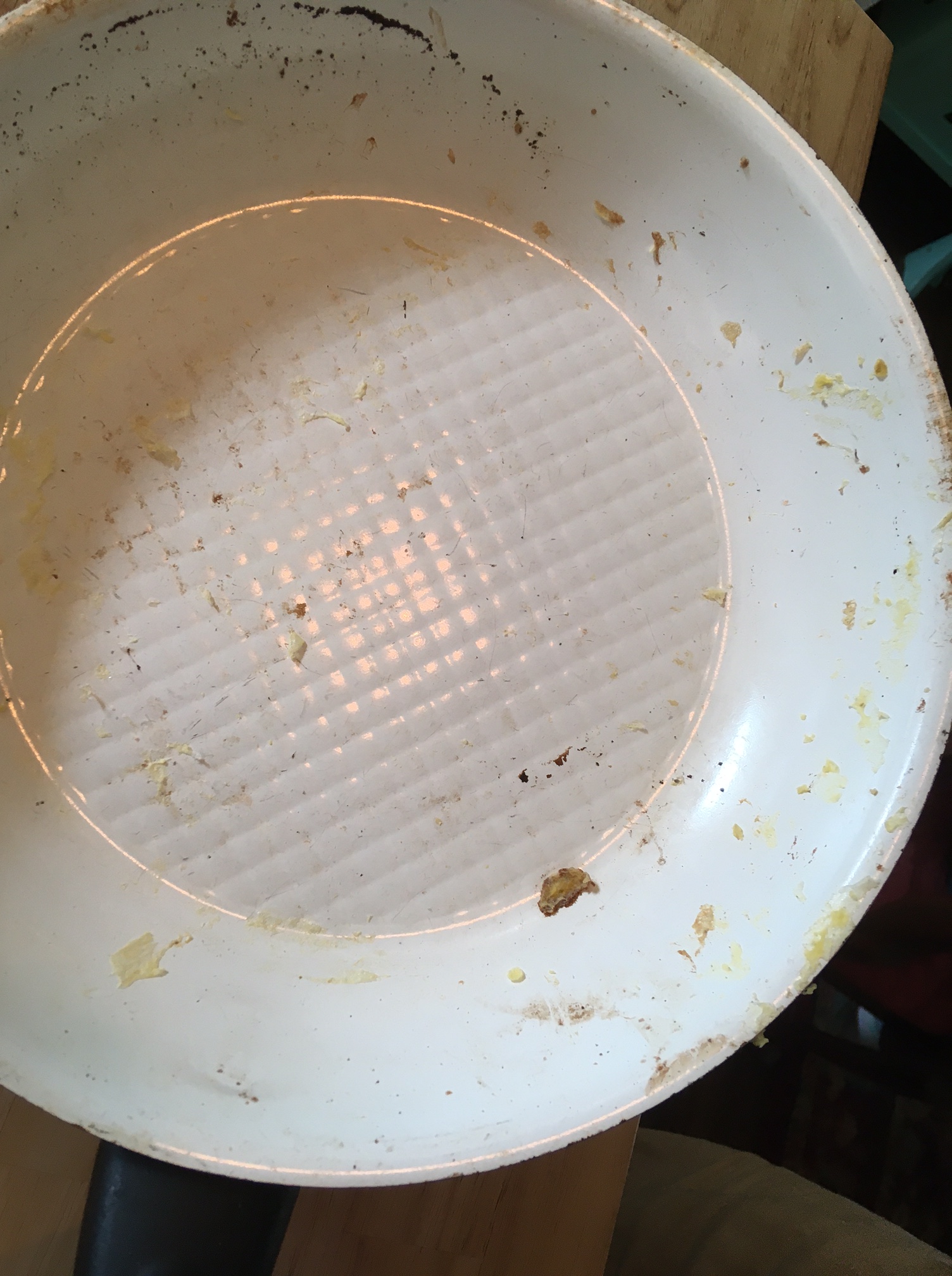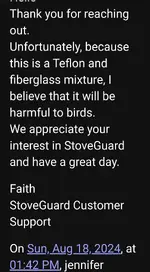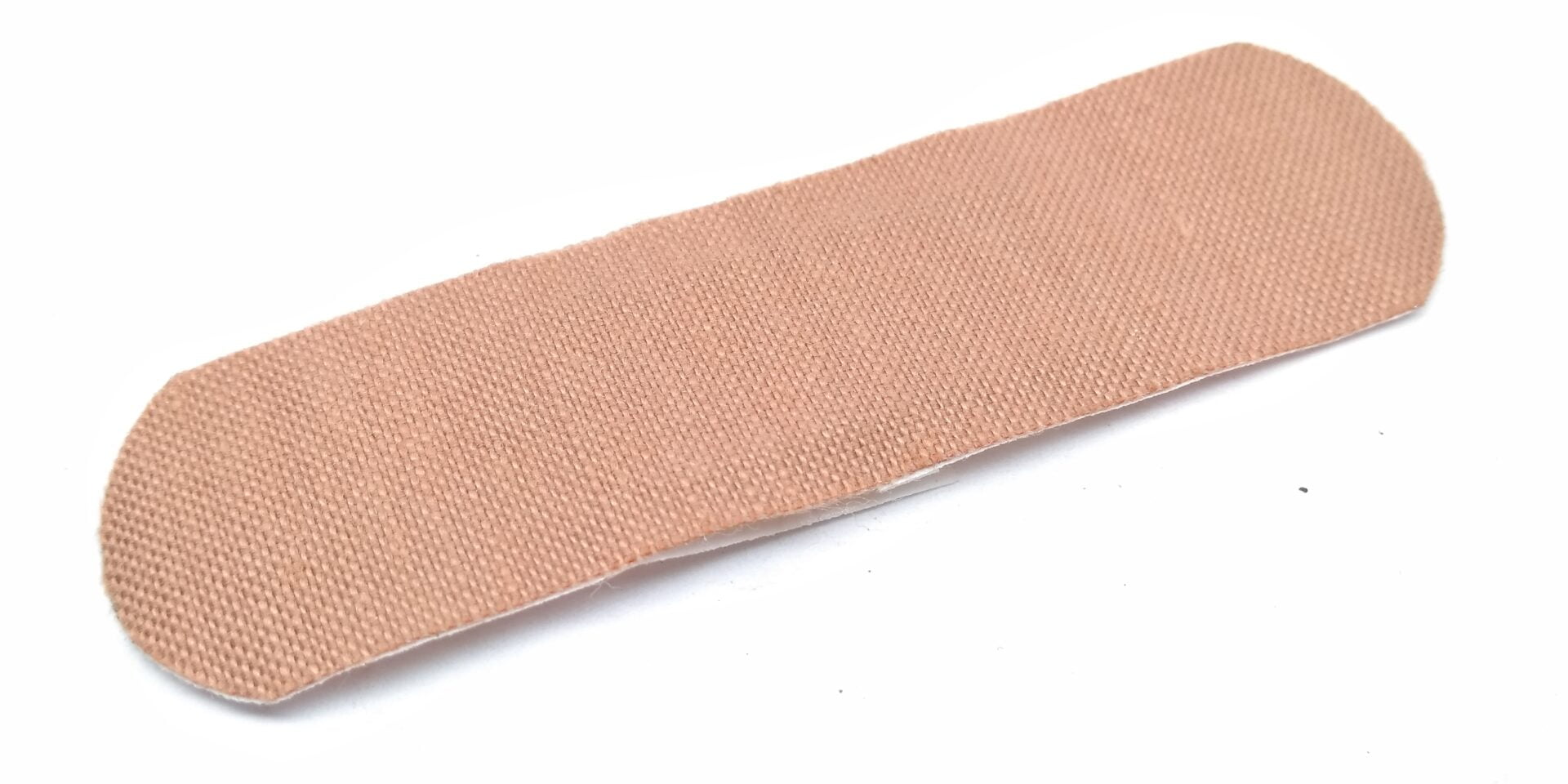Most (but not all) parrot owners are aware of the toxic effects of these 'wonder' coatings, but I wanted to post a specific thread on this, for all to see.
Teflon and a whole barrel of alternate coatings, going under a large variety of trade names, emit toxic to parrots fumes when they are heated. Cookware is where most folks expect to find these coatings - pots, pans, baking sheets, etc, bu they also are used in a myriad of other applications around the home.
They are used on:
- Microwave popcorn bags
- Heating elements in a wide array of products, like hair dryers, crock pots, coffee makers, etc Used to provide corrosion protection to the metal element.
- Stain resistant/proof clothing, fabrics used on furniture, even a spray on version you can apply
- Oven coatings, triggered by the 'self cleaning cycle' which goes to crazy high temperatures to burn off crud
- The list of applications gets bigger every day
So these chemicals are not that toxic when used within their designed temperature range; the problem is when they are heated above that. Think about how many times you have burned your food by overheating, or over zapped the popcorn in the microwave, or over used the hair dryer to the point where it shuts off itself. Its then the toxic fumes are really emitted and are deadly. We read about the death of parrots several times a year here on ParrotForums, and that is just a small number of birds compared to the overall number of owners who are not members.
THese chemicals, collectively known in industry as PFOS and PFOA have also recently become known as "Forever Chemicals". By their very chemical nature, they are inert (non-reactive) to almost everything, which makes them ideal for the applications above. However they also can't be digested by living creatures, like us, and are readily retained in living tissue, and they don't breakdown in soil - ever! They are so pervasive in use that newborn babys have been found to have these already in their bodies at birth! It is thought that more then 99.8% of all living creatures already have some amount of these chemicals in their bodies and that keeps getting higher! It is unknown what the long term effects of having these in living tissue are. Industry is just now starting to realize the problem and taking (baby) steps to reduce their use.
Be aware of these chemicals in your home, especially on cookware. Understand that manufacturers are primarily concerned with the effects on HUMANS, not parrots, and claims of safety are geared to people, and then to "pets", meaning dogs/cats. Very rarely are they studied against the effects on birds. And, in industry, changing just one molecule in these highly complex polyfluorene based chemicals allows the makers to say "Teflon Free". It is still in the PFOA/PFOS family, just not that specific chemistry that DuPont registers under the name "Teflon". Just because a pot rr other cookware does not say Teflon does not mean it is safe. Any non-stick coating must be considered as un-safe for your parrot.




